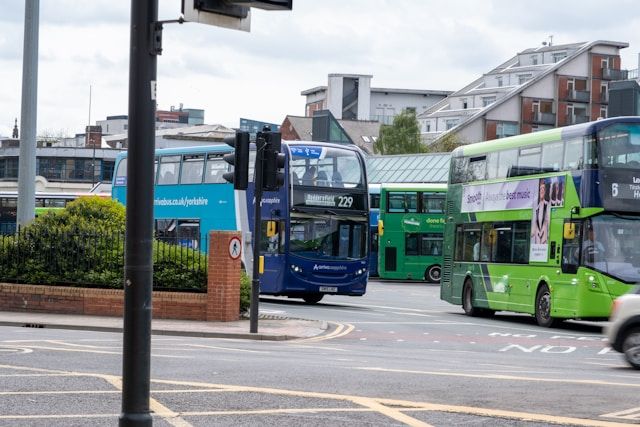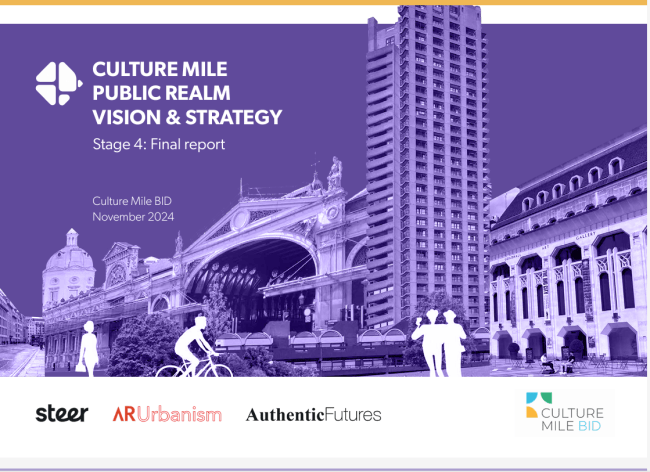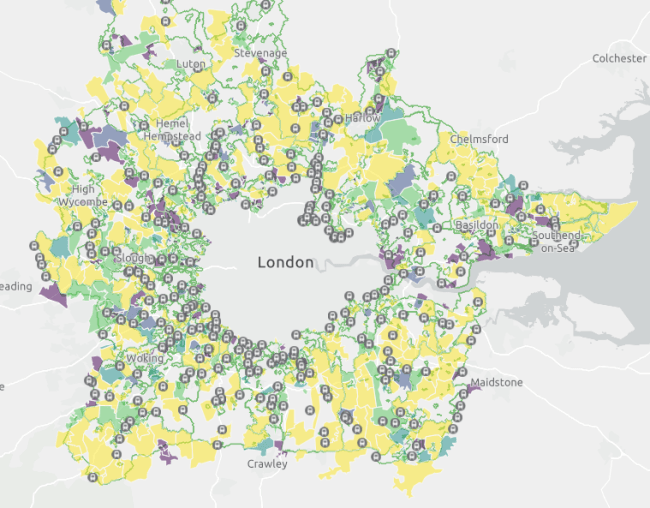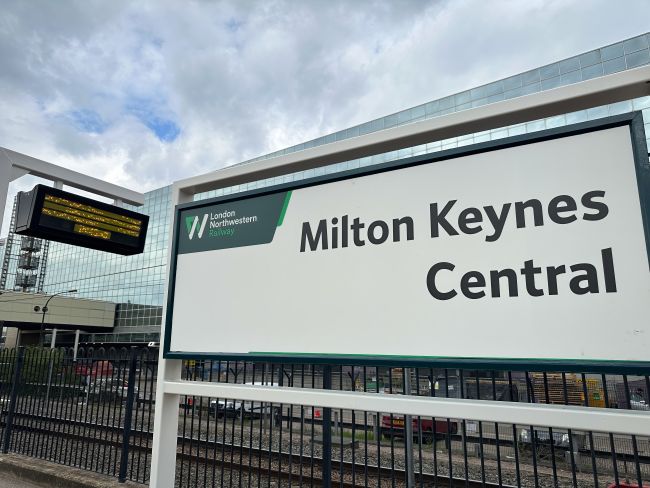Better thinking for levelling up
How the UK Government appraises its spending decisions and subsequently evaluates these.

A new version of the Green Book has been published. It is the Green Book that sets the framework for how the UK Government appraises its spending decisions and also how it subsequently evaluates these. In Green Book terms, appraisal occurs before the fact, while evaluation is backwards looking. The Government’s rationale for updating the Green Book is two-fold. First, it is to help address the perceived inequity that the appraisal of capital interventions favours investment in prosperous areas over those that are less well-off, which is counter to its ‘levelling-up’ agenda. Second, there’s a view that environmental benefits are undervalued. With the goal of supporting the Government’s green low-carbon agenda, the new Green Book reviews how these are appraised.
All change or adaption?
It was in the 1960s, when Barbara Castle, was transport minister that ‘equity’ values of time became a central part of the UK’s approach to transport cost benefit analysis. This means that the same monetary value is applied to time savings wherever they occur – a standard value of time. Saving a minute on a journey in Whitehaven is valued the same as saving a minute in Westminster, even though we know that, on average, people in Westminster have greater incomes than people in Whitehaven. Economic theory tells us that the better-off will value their time more highly than those who are less well-off (or to be more correct, they have a higher willingness to pay to save time).
The equity (or standard) value of time means that a transport scheme that results in 100 people saving one minute will be valued the same wherever it is in the country. Compared with using local values, standard values of time mean that such a scheme will be overvalued in less prosperous areas and undervalued in more prosperous ones. Already the transport appraisal system has an in-built tool to help levelling-up. But what we also know is that a scheme that might benefit 100 people in Whitehaven may benefit 500 people in Westminster – it’s a bigger place, and there are more people. More people means more benefits and that means more money can be spent to generate these benefits. The new Green Book doesn’t change this.
What the new Green Book does change is how factors other than cost-benefit performance are considered in option long listing (option identification). It places greater emphasis on meeting a broad and comprehensive set of objectives, not just cost benefit performance. The best developed business cases already consider such objectives when developing options at the long-listing stage. The challenge for the future will be extending this best practice across all business cases. The new Green Book also emphasises that it is not just cost benefit analysis that should determine how we assess value for money of short-listed options, it talks about non-quantifiable or non-monetisable impacts being considered. Again, this is a feature of better transport business cases, but there is a need for greater consistency and wider understanding of the approach.
Altering perspectives
Inherent to the approach that the Department for Transport (DfT) takes in its Transport Analysis Guidance (TAG) is the view that big cities have big transport because they are big cities: big cities justify big investments. What it is not good at thinking about is the other way of looking at this: big cities are big cities because they have big transport. Improving transport links helps them grow. Even with the new Green Book, how we go about assessing schemes designed to grow population or increase employment is still a challenge to be met, although there are some changes that can help. For instance, the new Green Book talks about how place-based impacts should be part of the overall consideration of an intervention’s merits. It also seeks to put some bounds on what can be considered a ‘transformational’ change.
The new Green Book also talks about having a better understanding of who is affected by an intervention. Already assessing the social impacts and the distributional impacts of transport interventions is part of the Department for Transport’s suite of analytical tools. These are assessments of who in society experiences the impacts of a scheme, be they positive or negative, and where in the country these people may be. This is something Steer has been assessing for our clients for many years. We think the new Green Book will give added impetus to how such impacts are assessed, as well as enhancing the prominence of the assessment in decision making.
And carbon
When it comes to the environment, and carbon, in particular, the new Green Book paves the way for the Department for Business, Energy and Industrial Strategy to issue later in the year new monetary values for carbon for use in cost benefit analysis. It also suggests the use of lower discount rates for impacts such as greenhouse gas emissions that are intergenerational, but we’ll need to wait for more detailed guidance before this becomes part of our methodology.
Way ahead
It will take some time for the new Green Book guidance to feed through to businesses case and the advice that is given to decision-makers. No doubt in due course, it will lead to some changes to the detail of sector-specific guidance of different departments, such as DfT’s TAG and MHCLG’s Appraisal Guide. Already we see many examples of what the Green Book is putting forward in best-in-class business cases. To us, the new Green Book is more an evolution than a revolution, an evolution that is welcome.






















